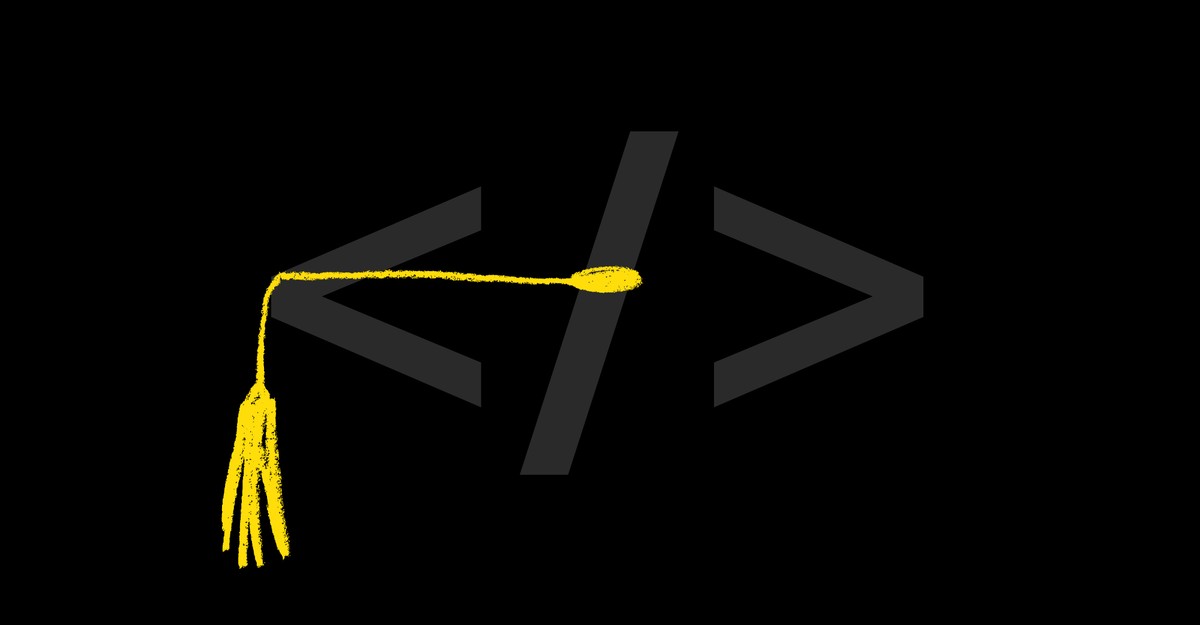Perhaps nothing has defined higher education over the past two decades more than the rise of computer science and STEM. Since 2016, enrollment in undergraduate computer-science programs has increased nearly 49 percent. Meanwhile, humanities enrollments across the United States have withered at a clip—in some cases, shrinking entire departments to nonexistence.
But that was before the age of generative AI. ChatGPT and other chatbots can do more than compose full essays in an instant; they can also write lines of code in any number of programming languages. You can’t just type make me a video game into ChatGPT and get something that’s playable on the other end, but many programmers have now developed rudimentary smartphone apps coded by AI. In the ultimate irony, software engineers helped create AI, and now they are the American workers who think it will have the biggest impact on their livelihoods, according to a new survey from Pew Research Center. So much for learning to code.
Fiddling with the computer-science curriculum still might not be enough to maintain coding’s spot at the top of the higher-education hierarchy. “Prompt engineering,” which entails feeding phrases to large language models to make their responses more human-sounding, has already surfaced as a lucrative job option—and one perhaps better suited to English majors than computer-science grads.
The potential decline of “learn to code” doesn’t mean that the technologists are doomed to become the authors of their own obsolescence, nor that the English majors were right all along (I wish). Rather, the turmoil presented by AI could signal that exactly what students decide to major in is less important than an ability to think conceptually about the various problems that technology could help us solve.



Programming is the most automated career in history. Punch cards, Assembler, Compilers, Linkers, Keyboards, Garbage Collection, Type Checkers, Subroutines and Functions, Classes, Macros, Libraries (of increasingly higher-level abstractions), Build Scripts, CI/CD - those are all automation concepts that do things that theoretically a programmer could have done manually. To build all the software we build now would theoretically be possible without any automation - but it would probably require far more programmers than there are people on earth. However, because better tech leads to people doing more with the same, in practice the number of programmers has grown with time as we’ve just built more complex software.